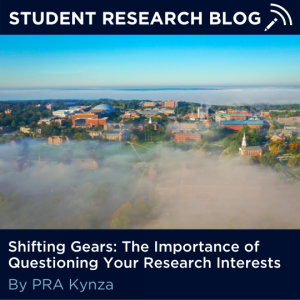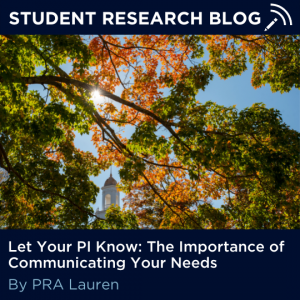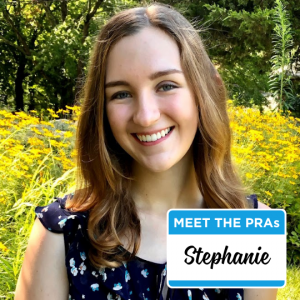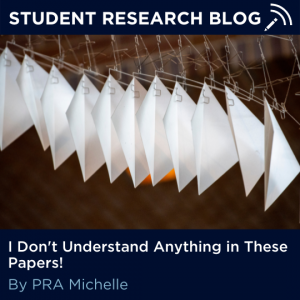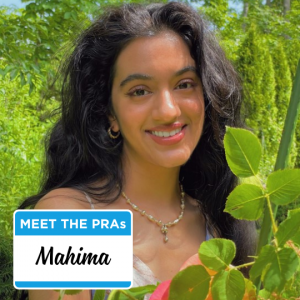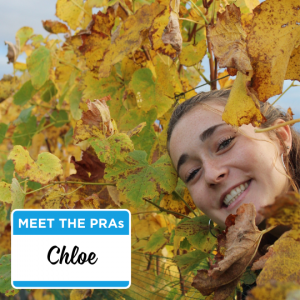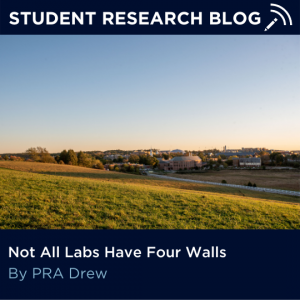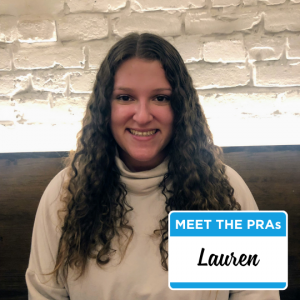Meet Elisa Shaholli ’23, an OUR Peer Research Ambassador (PRA) majoring in Economics and minoring in English and Global Studies.
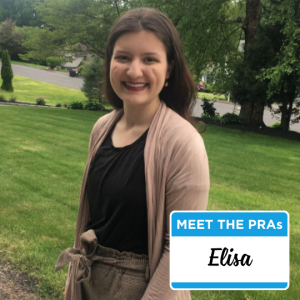 What is the focus of your research?
What is the focus of your research?
I do research in the field of Disability Studies! It’s a field that’s interdisciplinary and can span from Economics to English to Psychology and more. I’ve done a research project concerning the analysis of disability in film (a project that was primarily rooted in the English discipline), a project about the social experience of diabetes and disability “passing” (a project rooted in social sciences), and am planning on making Economics and disability a focus for my thesis!
Why did you get involved in research?
In high school, whenever I learned about disability or disease in any context, it was always biomedical or scientific. I never was really exposed to disability in regards to history or sociology or even in literary texts, even though a very large portion of the world population has a disability of some kind. I wanted to work on research concerning disability in social contexts, and Disability Studies was the perfect field for that. Hopefully through my research, people can at least learn a bit more than they originally did! Continue reading →
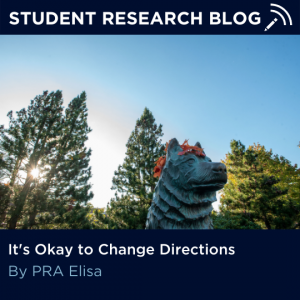 When synthesizing ideas – whether it be for a research project, a plan for a class paper, or even just an idea for something personal like a DIY project – I fall into the line of thinking of ‘this idea needs to be completely thought out and perfect.’ The more fool-proof the plan, the better the idea, because if it changes directions, that means my project wasn’t great to begin with and I’m doing it all wrong, right?
When synthesizing ideas – whether it be for a research project, a plan for a class paper, or even just an idea for something personal like a DIY project – I fall into the line of thinking of ‘this idea needs to be completely thought out and perfect.’ The more fool-proof the plan, the better the idea, because if it changes directions, that means my project wasn’t great to begin with and I’m doing it all wrong, right? 